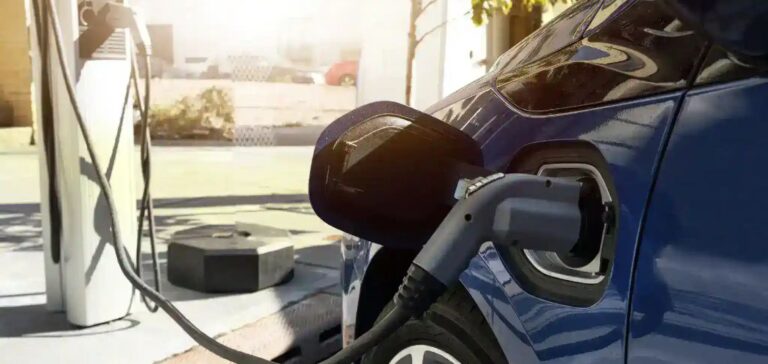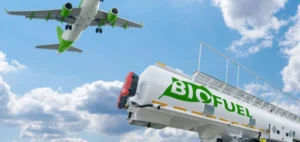The impact of electric vehicles on global oil demand is now expected to be less significant than previously forecast, according to new projections released on May 14 by the International Energy Agency (IEA). The agency now estimates that electric vehicle adoption will reduce diesel and gasoline consumption by 5 million barrels per day (b/d) by 2030, down from 6 million b/d in its earlier report.
Forecasts revised downward
The Paris-based IEA attributes the downgrade to slowing demand in Europe, increased uptake of hybrid vehicles over fully electric models, and a less favourable economic environment. In 2024, electric vehicles displaced 1.3 million b/d of fossil fuel demand, the agency said. The outlook remains sensitive to global macroeconomic conditions and trade policy tensions, particularly import tariffs that are constraining exports.
Europe lags, China leads
In Europe, the reduction of financial incentives has weighed on sales, prompting some analysts to delay their forecasts for peak gasoline demand to 2026–2027. Platts, a division of S&P Global Commodity Insights, adjusted its outlook to reflect a slower transition. By contrast, China continues to lead the market: the country produced over 70% of the world’s electric vehicles in 2024, and roughly half of the projected oil displacement by 2030 is expected to come from the Chinese market, according to the IEA.
Affordability remains uneven
Cost remains a decisive factor. In China, two-thirds of electric vehicles are already cheaper than their combustion-engine equivalents. In Germany, battery electric cars can be up to 20% more expensive, making sales more dependent on government subsidies. The IEA also noted that nearly 20% of global EV sales come from imports, highlighting the vulnerability of the market to future tariff policies, especially between the United States, China and the European Union.
Growth projections unchanged
Despite these challenges, the IEA expects global sales to continue rising: more than 17 million units were sold in 2024, and that figure is set to reach 20 million in 2025, representing one-quarter of new vehicle purchases worldwide. In China, electric vehicles already account for around 50% of car sales, compared with 20% in Europe and 10% in the United States. Global sales rose 35% in the first quarter of 2025 compared to the previous year.






















